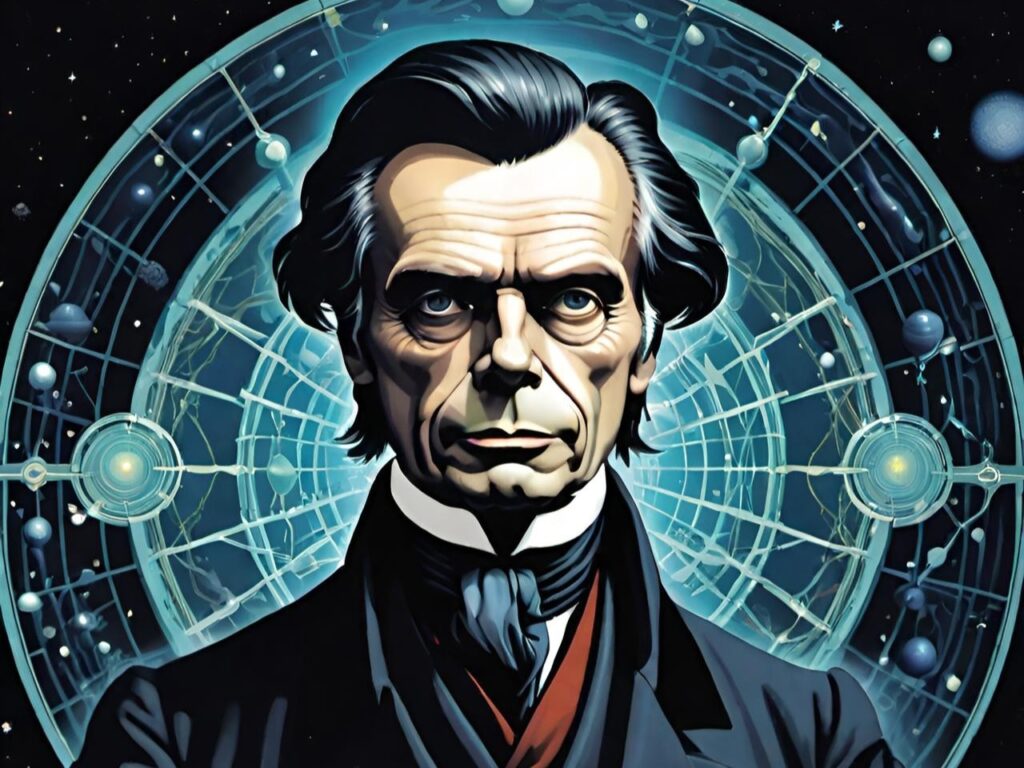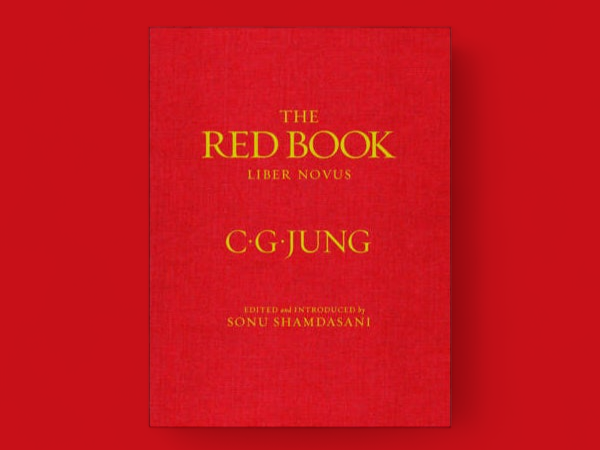Our esteemed professor in literature during my collegiate years bestowed upon us the task of delving into five profound books prior to the Christmas break. While each of these literary masterpieces indubitably left an imprint upon my psyche, I find myself compelled, at this juncture, to devote my undivided attention to one book that unfailingly captivated my senses. Even before I dared to peruse its pages, this literary gem effortlessly ensnared my intellectual curiosity. The title, resonating with an evocative veracity, possesses an uncanny power to expose the existential intricacies of human existence, surpassing the profound impact wrought by the words of its contemporaries.
The Unbearable Lightness of Being by Milan Kundera is a thought-provoking masterpiece that delves into the complex nature of human existence. The title itself captures the essence of the book, conveying the profound paradox that life is simultaneously weightless and burdened with meaning. Kundera explores the concept of meaningfulness in life through his characters, showcasing their struggles and contemplating the dilemmas of human existence. This article aims to delve into the depths of Kundera’s novel, examining how it haunts readers by inciting deep reflection on the inherent contradictions of life.
The Paradox of Lightness and Meaning
The first component of the title, “lightness,” suggests the transient and fleeting nature of life. Kundera argues that life lacks inherent meaning and is, at its core, fundamentally light and ephemeral. Like a feather floating in the wind, life offers no permanence and is easily affected by the winds of change. The characters in the novel symbolize this lightness, as they constantly seek to detach themselves from attachments and commitments, living under the illusion of freedom.
However, the second component, “being,” introduces the notion of human intellect and the burden of deep thinking. Kundera emphasizes that despite the lightness of existence, humans possess an innate ability for profound contemplation and introspection. This juxtaposition creates a haunting dissonance, as the intellectual yearning for meaning clashes with the inherently weightless nature of life itself.
Kundera’s Characters and Their Struggles
The book follows the lives of Tomas, Tereza, Sabina, and Franz, whose interconnected stories highlight the ongoing battle between lightness and meaning. Take Tomas, a successful surgeon who indulges in a carefree and promiscuous lifestyle, refusing to believe in the significance of lasting commitments. However, as he falls in love with Tereza, his pursuit of lightness becomes increasingly burdened by the weight of responsibility and love.
Tereza, on the other hand, represents the struggle of finding meaning in a seemingly meaningless existence. As she navigates her complex relationship with Tomas, she yearns for stability, authenticity, and purpose, ultimately challenging the concept of lightness. Tereza’s battle against the lightness becomes a recurring theme throughout the novel.
Sabina, a free-spirited artist, embodies the desire to escape the burden of meaning by embracing lightness. She detaches herself from relationships and societal expectations, recognizing that life is transient and nothing is permanent. Sabina’s character further illustrates the tension between lightness and intellect, as she grapples with the emotional repercussions of her choices.
Franz represents the intellectual pursuit of meaning in life. He seeks answers through philosophical and political ideologies but ultimately succumbs to the unbearable heaviness of existence. His character serves as a cautionary tale, as his relentless pursuit of meaning leads to disillusionment and despair.
Reflection and Interpretation
Kundera’s haunting exploration of life’s lightness and meaning invites readers to reflect on their own existence. The novel challenges us to confront the paradoxical nature of our intellectual capacities amidst an inherently fleeting and insubstantial reality. Kundera’s masterful storytelling allows us to confront our own fears, desires, and aspirations in the face of life’s transience.
The themes presented in The Unbearable Lightness of Being resonate deeply with philosophical and existential thought. Drawing on the works of Nietzsche and Schopenhauer, Kundera urges readers to embrace the existential dilemma and confront the inherent contradictions of life head-on. By acknowledging the absurdity of existence, we are given the freedom to find our own personal meaning within it.
In a world that often seeks definitive answers, Kundera reminds us of the importance of embracing ambiguity and embracing life’s uncertainties. The novel’s haunting impact lies in its ability to make us question the meaning we assign to our experiences and to recognize the power of our own intellect as we navigate the ever-changing landscape of life.
Conclusion
The Unbearable Lightness of Being is a masterpiece that explores the paradoxical nature of human existence. Milan Kundera forces us to confront the lightness of life’s meaninglessness and the weightiness of our intellectual capacity for deep thinking. Through an introspective journey with his characters, Kundera challenges us to embrace the inherent contradictions of our existence, finding meaning and purpose within the vast expanse of life’s transience. This thought-provoking novel leaves a lasting impact, compelling readers to reflect on their own journey of grappling with the unbearable lightness of being.
Her drama was a drama not of heaviness but of lightness. What fell to her lot was not the burden but the unbearable lightness of being.
Milan Kundera, The Unbearable Lightness of Being




